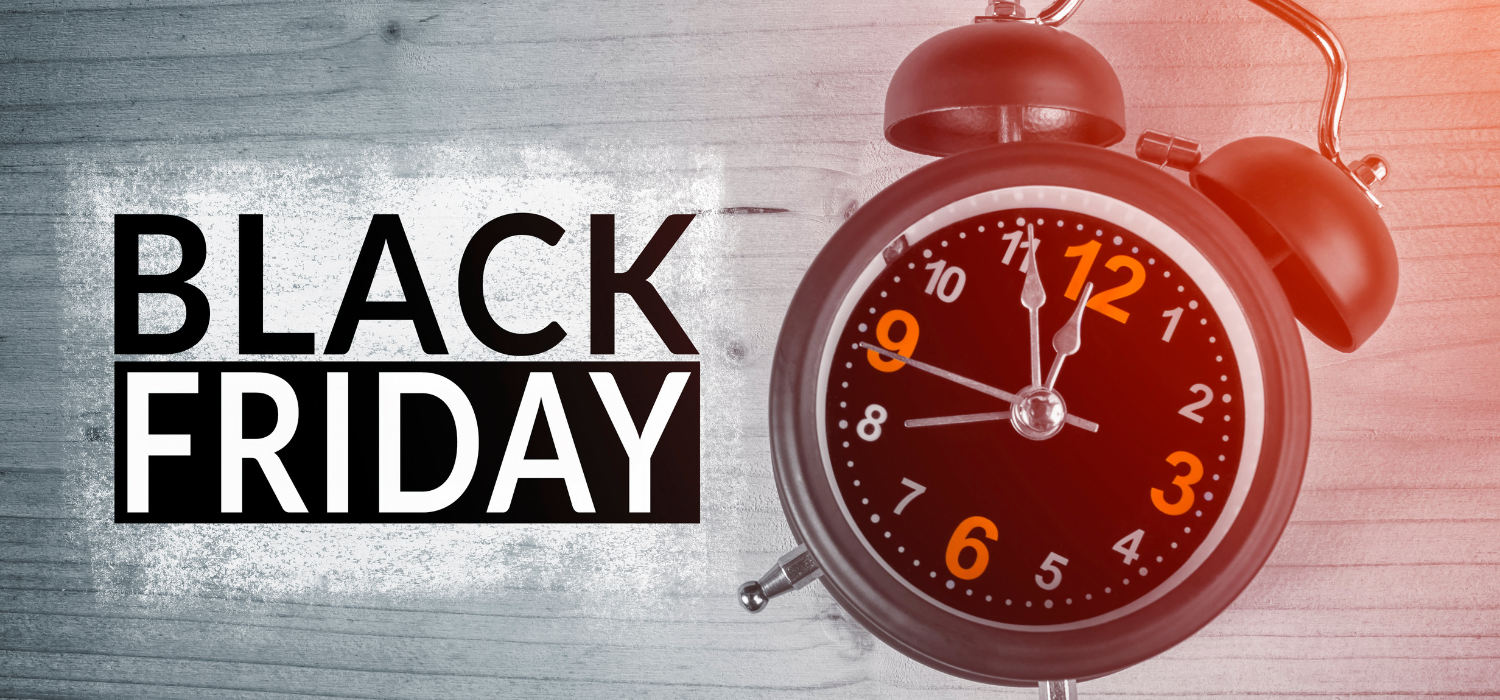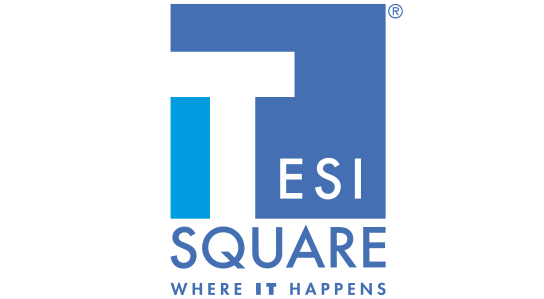Black Friday 2025 – scheduled for 28 November – is set to kick off the e-commerce peak season in a very different context compared to previous years. This year, Italian consumers will be spending more cautiously, looking for more thoughtful and selective purchases, while average spending could fall by up to 15%.
In this scenario, the real game is no longer played on the field of price reductions, but on that of logistics: fast, flexible and sustainable deliveries and returns will become the decisive factor in winning and retaining customers. In other words, Black Friday 2025 will not only be an opportunity for aggressive sales, but above all a stress test for the supply chain, where competition will be all about the ability to manage exceptional volumes in a very short time.
How? By focusing on Out of Home logistics and transforming Lockers and Collection Points into a strategic lever for successfully tackling the Peak Season.
Black Friday 2025, consumers more cautious but more demanding
The reduction in average spending does not in itself imply a decline in e-commerce; on the contrary, the percentage of consumers who will shop online will continue to grow. What is changing is the approach: fewer impulse purchases, more attention to real convenience, delivery times and returns management.
Delivery and return methods are becoming a distinctive element of the customer experience: for example, a study by DHL eCommerce found that in Europe, 79% of shoppers abandon their shopping cart if their preferred delivery method is not available, while 41% redirect their parcels to out-of-home locations (lockers or collection points).
In practice, for eCommerce and logistics operators, the peak season becomes a test bed for the quality of the logistics service offered: flexible deliveries, alternative collection options and frictionless return processes become decisive factors in acquiring and retaining customers.
Peak season as a stress test for the supply chain
While consumers may be slowing down their rush for discounts, couriers are certainly not slowing down. From Black Friday to Christmas, shipment and return volumes in Europe grow dramatically, putting pressure on the entire logistics chain.
According to Federal Express Corporation, the world’s largest express transport company, approximately 6.2 billion parcels were handled between October and December 2024, 9% more than in the same period the previous year. The peak weekend of Black Friday and Cyber Monday also confirms the trend: Parcel Perform recorded a +93.7% increase in volumes compared to previous weeks.
In Italy, the phenomenon is equally evident. In 2022, Sendcloud estimated that during Black Friday week, volumes could grow by up to 64% compared to an ordinary week and even by more than 107% in the period leading up to Christmas. More recently, Packlink recorded an 18% increase in shipments in Italy during Black Friday 2024 compared to the previous year.
These figures demonstrate better than any theory how Peak Season represents an unparalleled test. And when volumes grow exponentially, the critical issues always focus on the same points:
- delivery delays, which impact the customer experience;
- increased operating costs, with margins already eroded by promotions;
- returns management, which in fashion and electronics can exceed 30% of sales.
From price wars to efficiency wars
If consumers buy less and with greater care, the discount war risks turning into a dangerous spiral for margins. Lower prices do not guarantee loyalty and, on the contrary, can expose e-commerce to a race to the bottom that is unsustainable in the long term.
The real competitive advantage today is therefore logistics. The difference is made by those who can offer fast, flexible and convenient deliveries and returns. A satisfied customer will return to buy not only because of the price, but because of the ease and security of receiving and returning products.
This is where Out of Home logistics comes into play as a competitive lever.
Out-of-Home Delivery: the key to managing peaks
Lockers and collection points as a win-win solution
Out-of-home deliveries are one of the most effective levers for dealing with peak season, because they bring tangible benefits to all players in the logistics chain.
For e-commerce and retailers, it means greater reliability in the fulfilment process: by reducing failed delivery attempts and concentrating more orders in a single collection point, the operating costs associated with shipping and returns are significantly lowered.
The model is also advantageous for couriers and carriers. Organising delivery rounds to lockers and pick-up points allows for route optimisation, reducing the number of kilometres travelled and limiting environmental impact, with benefits that translate into efficiency and sustainability.
Finally, from the consumer’s point of view, the possibility of choosing a collection point close to home or work offers a level of flexibility that home delivery can hardly guarantee. Lockers, for example, are accessible 24 hours a day, allow parcels to be collected without time constraints and respond to a growing awareness of more sustainable models.
In other words, companies that choose these solutions for their shipments can manage the peaks in demand typical of Black Friday and the Christmas period with greater peace of mind, while maintaining a high level of customer service. And the data confirms this trend: across Europe, out-of-home deliveries are growing year on year. Italy, despite having adopted these solutions more slowly, is rapidly catching up, thanks in part to demand that is increasingly focused on balancing convenience and sustainability.
Peak season as a laboratory for innovation
Black Friday should not be seen solely as a stressful time, but as an opportunity to test and optimise logistics models that can work all year round.
Thanks to API technologies such as those developed by GEL Proximity, e-commerce businesses and transporters can quickly integrate a widespread network of collection points and lockers, improving the user experience and reducing operating costs.
Black Friday 2025 marks a paradigm shift: the battle will not be won by those who offer the highest discounts, but by those who can guarantee logistical efficiency, on-time deliveries and frictionless returns. For e-commerce businesses, logistics operators and carriers, the peak season becomes an opportunity to prove that they can meet customer expectations and build a competitive advantage that lasts all year round.
Do you want to tackle Peak Season with more efficient and sustainable logistics?
With GEL Proximity technology, you can easily integrate over 500,000 collection points and lockers into your e-commerce or delivery system.
Request a demo and discover how to turn Black Friday 2025 into an opportunity for growth.













